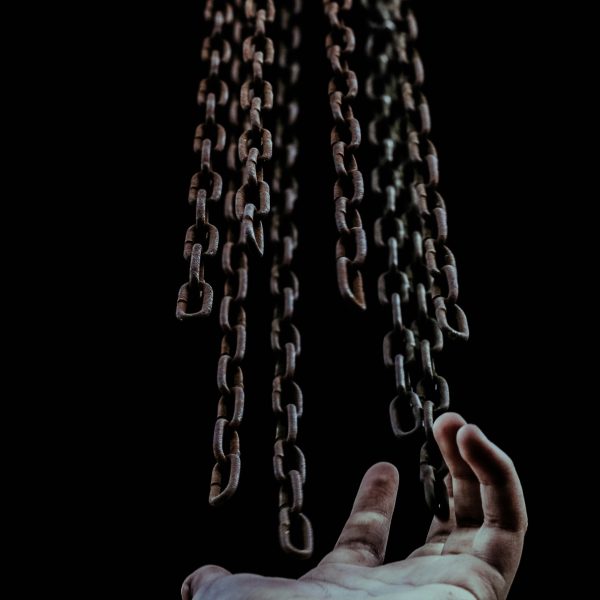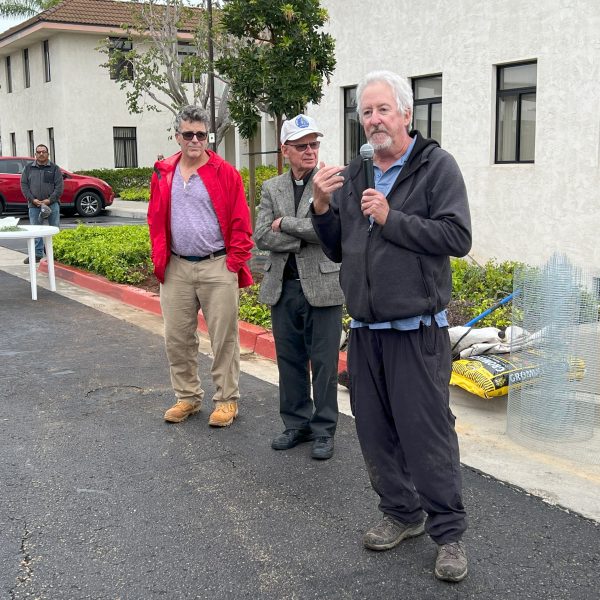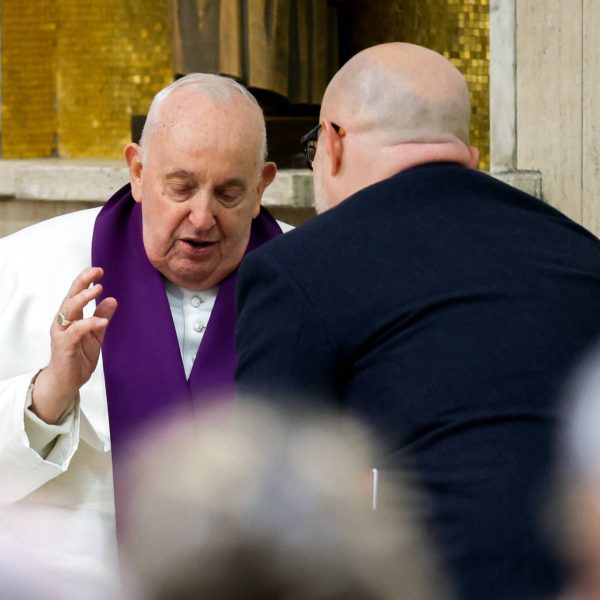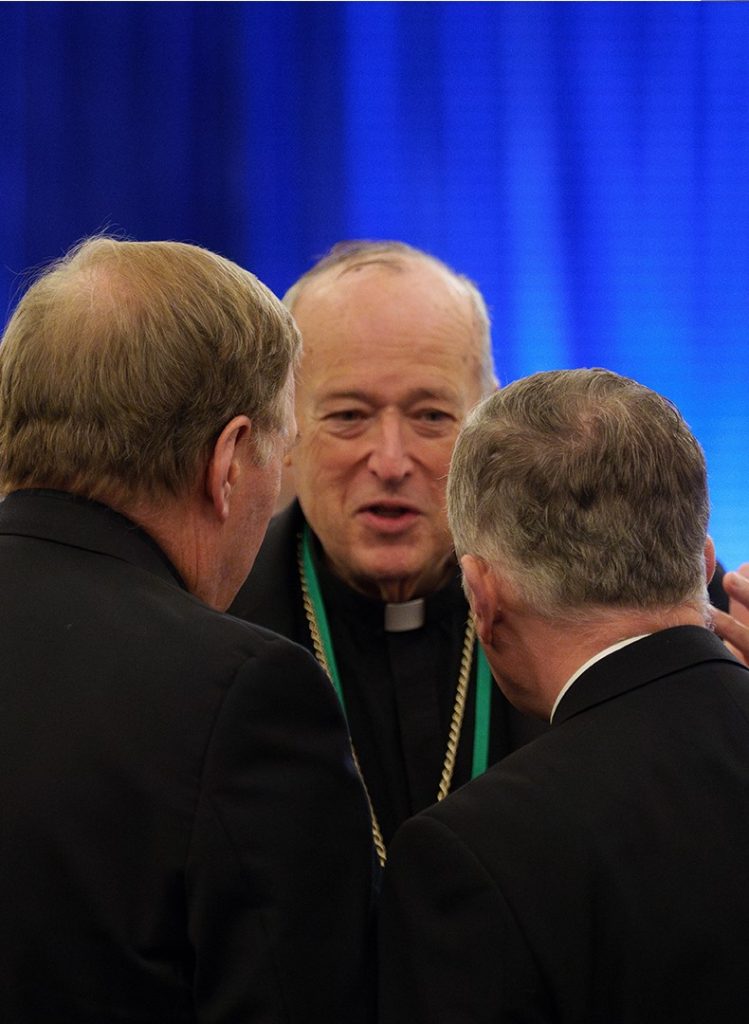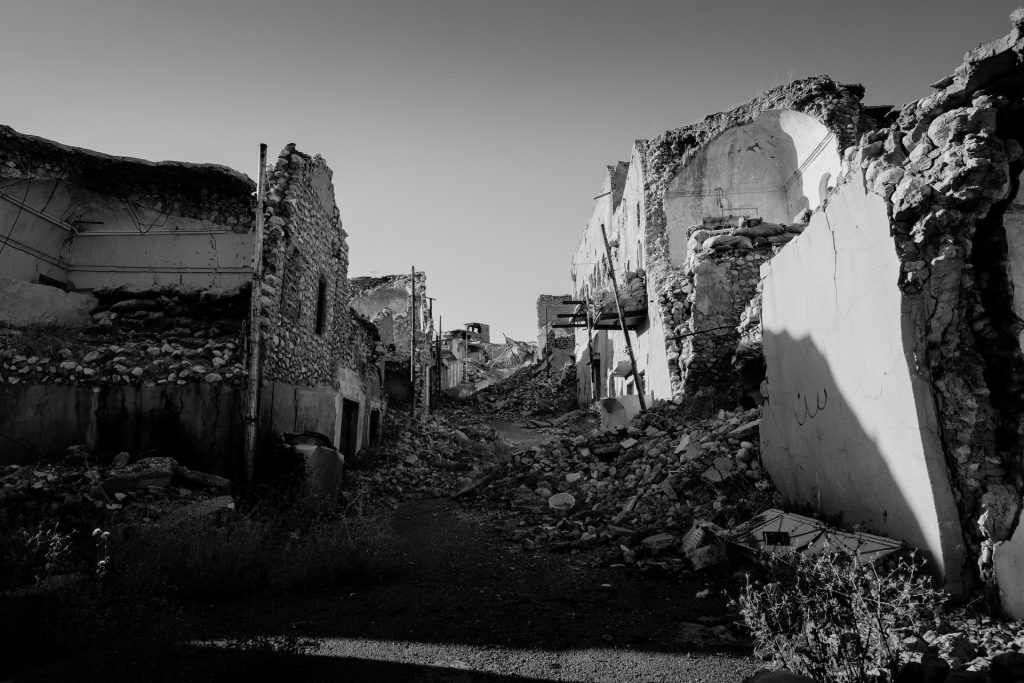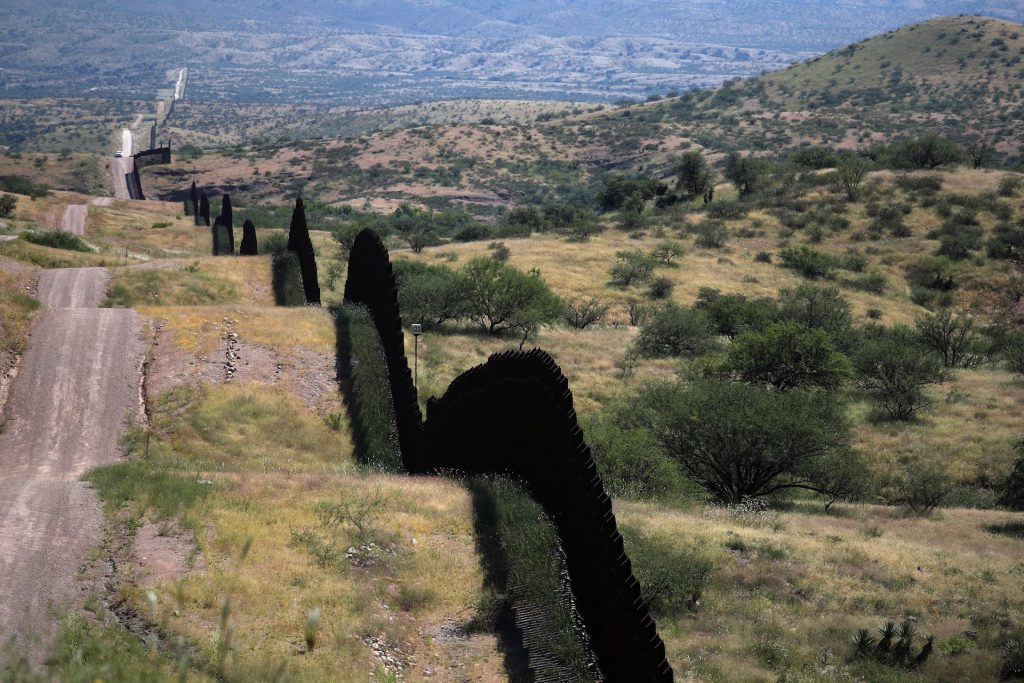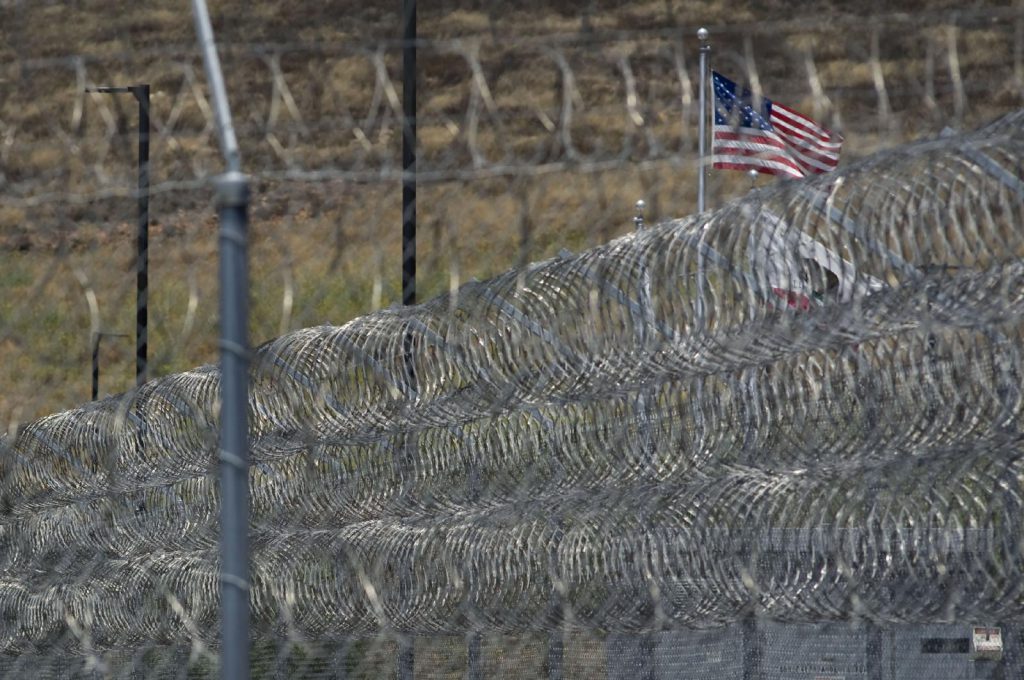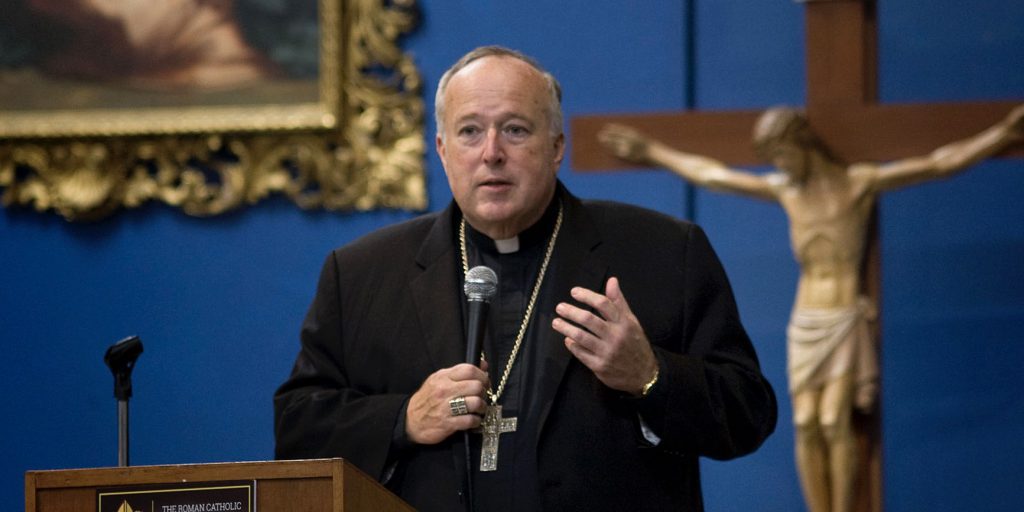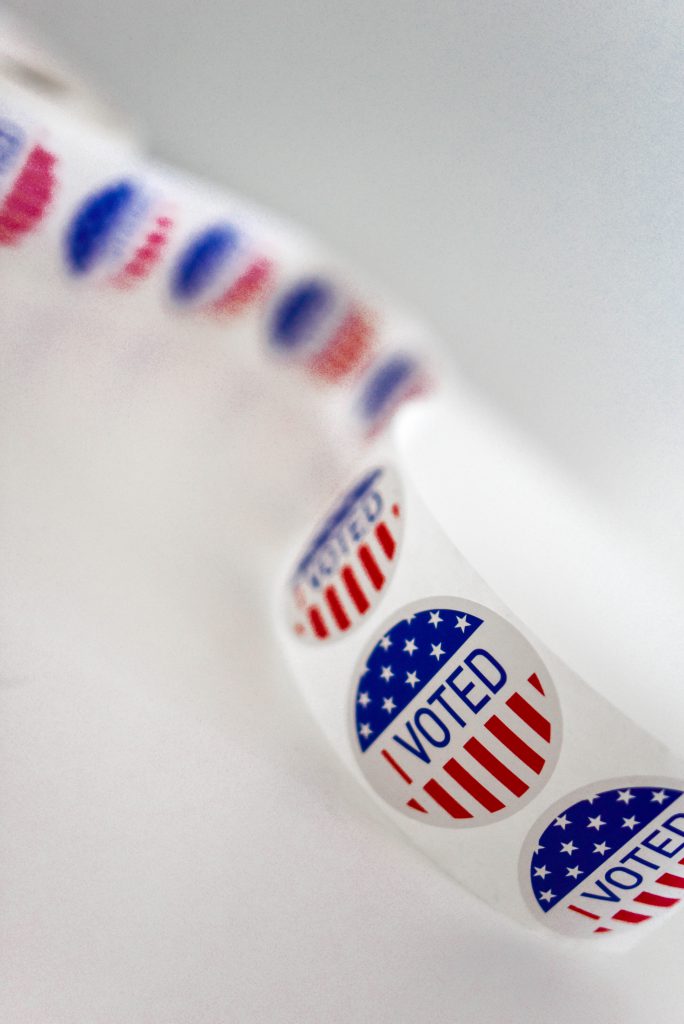SAN DIEGO — The U.S. Catholic Church offers a variety of resources as voters face what is one of the most consequential elections in U.S. history.
The Church encourages Catholics to exercise their rights and responsibilities as active participants in the American democracy, offering guidance through national teaching documents, state voter guides and statements from their local bishops.
The Church does not endorse any candidate for office. However, it does ask the faithful to make their election decisions based on a properly formed conscience, a life-long task based on Catholic social teaching. Four basic principles serve as the foundation for that teaching, according to the U.S. bishops: the dignity of the human person, the common good, subsidiarity and solidarity.
Recognizing the tenor of the times, the U.S. bishops caution that their teachings should not be used selectively to serve partisan interests.
Earlier this year, the Church launched a campaign called “Civilize It,” which asks Catholics to pledge to put into action the foundational belief of “Love your neighbor.” The bishops asked individuals to be civil and compassionate when they engaged in political conversations with members of their families, parishes and other communities. Information is available on the site civilizit.org.
In September, Bishop Robert W. McElroy issued a statement to the faithful of the diocese urging thoughtful discernment in these extraordinary times.
In February, the bishop delivered a sweeping moral frame-work faithful voters could use to vote for individual candidates, titled “Conscience, Candidates and Discipleship in Voting.” The framework proposed how voters can choose candidates in a way that integrates the principles of Catholic social teaching that defend and advance justice, life and peace; recognizes the role that competence and character play in governing; and advocates for civility and unity within society.
At the statewide level, the California Catholic Conference has published an analysis of the 12 propositions in the November election. The Conference, whose current president is Bishop McElroy, announced their opposition to two of them.
The California bishops oppose Proposition 14, which would provide $5.5 billion in taxpayer funding for a regenerative medicine institute that includes embryonic stem cell research.
The bishops also oppose Proposition 20, which calls for changes to policies related to criminal sentencing charges, prison release, and DNA collection by repealing Prop 47 (passed in 2014) and Prop 57 (2016), both supported by them.
The Conference’s information about the election is available on its website, cacatholic.org.
At the national level, the U.S. bishops have updated their teaching document “Forming Consciences for Faithful Citizenship,” a guide to help Catholics form their consciences in voting and in other areas of public life. The update includes an introductory letter and four videos that address issues such as the common good, immigration, abortion, poverty, and care for creation.
A good Christian actively participates in politics and prays that politicians may love their people and serve them with humility, Pope Francis said in a reflection issued Sept. 16, 2013.
“We need to participate for the common good,” the pope said. “Sometimes, we hear: A good Catholic is not interested in politics. This is not true: Good Catholics immerse themselves in politics by offering the best of themselves so that the leader can govern.”
Online Resources for Catholic Voters
San Diego Diocese: Offers election-related statements from Bishop Robert W. McElroy, videos and other resources from the bishops in California and the U.S. Website: sdcatholic.org/election2020
California Catholic Conference: Offers an analysis of the 12 statewide propositions and recommendations from the bishops in the state. Website: cacatholic.org
U.S. Conference of Catholic Bishops: Offers a variety of teaching documents and videos (English and Spanish) regarding “Forming Consciences for Faithful Citizenship.” Resources are available for specific audiences, including Diocesan and Community Leaders, Parishes and Schools, Campuses and Young Adults, Youth and Media. The bishops also offer statements by Pope Francis. Website: usccb.org

